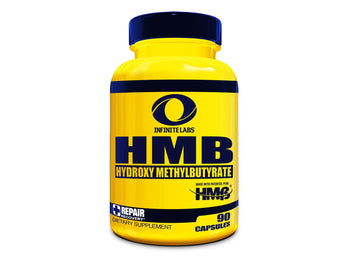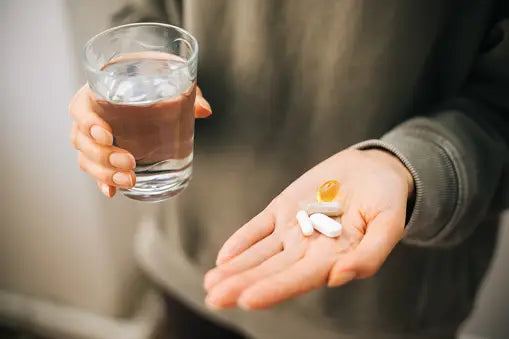

Caffeine: How and When to Take for Optimal Performance
Table of Contents
Everything You Know About Caffeine is Wrong
Caffeine is considered the world’s most widely consumed pharmacologically active substance. Approximately 90% of the adult population in North America consume an average daily caffeine consumption of about 200 mg or 2.4 mg/kg/day (about 2 cups of coffee).
Caffeine reduces fatigue and increases concentration and alertness, and athletes regularly use it as an ergogenic aid. Caffeine has found to be muscle glycogen sparing during exercise by increasing free fatty acid levels, which inhibits glycolysis and spares glycogen for later use. Additionally, caffeine, but not coffee, seems to have the primary performance enhancing effects.
| Researchers studied exercise endurance in runners after ingestions of a caffeine (4.45 mg/kg BW) or placebo capsule with water or either decaffeinated coffee, decaffeinated coffee with added caffeine, or regular coffee. The authors found that caffeine alone significantly improved running time to exhaustion at 75% VO2max, but neither did regular coffee or decaffeinated coffee plus caffeine. Based on these results, the authors speculated that some component in coffee possibly interferes with the ergogenic response of caffeine alone. |
If you go to most websites, they will often mention that caffeine causes dehydration and can reduce performance. The U.S. Food and Drug Administration purports caffeine has diuretic properties and advises its users to drink extra water to avoid dehydration during exercise in the heat. The underlining mechanism of caffeine-induced diuresis is not yet clear. Likewise, coffee and energy drinks are popular beverages for health and fitness, the military, as well as for workplace productivity. Hopefully, one of the reasons you keep coming back to the Infinite Labs website is to find out the latest research to help you perform better.
For all caffeine addicts, this article is for you, the newest research confirms that caffeine causing dehydration is bullshit. Researchers conducted a meta-analysis (i.e. collection of available studies) and evaluated caffeine-induced diuresis (i.e. the medical term for pissing too much) in adults during rest and exercise. 28 studies involving caffeine use and dehydration for the meta-analysis. The average caffeine dosage was 300 mg. This meta-analysis represented data from 379 participants, of which 246 were males, and 133 were females.
The major findings of this meta-analysis were:
- Caffeine-induced diuresis was small at rest, with a greater effect in females than males.
- The diuretic effect did not exist for exercise. The researchers could not find any proof that caffeine during exercise causes dehydration.
- Third, the dosage of caffeine had no effect on dehydration.
Concerns regarding fluid loss and potential adverse effects on fluid balance associated with caffeine ingestion are unfounded. Caffeine is a safe ergogenic aid that can be used by athletes, fitness enthusiasts, industrial workers, and military personnel without concerns for any negative impact on fluid balance.
Chou T: Wake up and smell the coffee. Caffeine, coffee, and the medical consequences. West J Med 1992, 157:544-553.
Paluska SA: Caffeine and exercise. Curr Sports Med Rep 2003, 2:213-219.
Graham TE, Hibbert E, Sathasivam P: Metabolic and exercise endurance effects of coffee and caffeine ingestion. J Appl Physiol 1998, 85:883-889.
Zhang Y, Coca A, Casa DJ, Antonio J, Green JM, Bishop PA. Caffeine and diuresis during rest and exercise: A meta-analysis. J Sci Med Sport. 2015Sep;18(5):569-74. doi: 10.1016/j.jsams.2014.07.017.

















